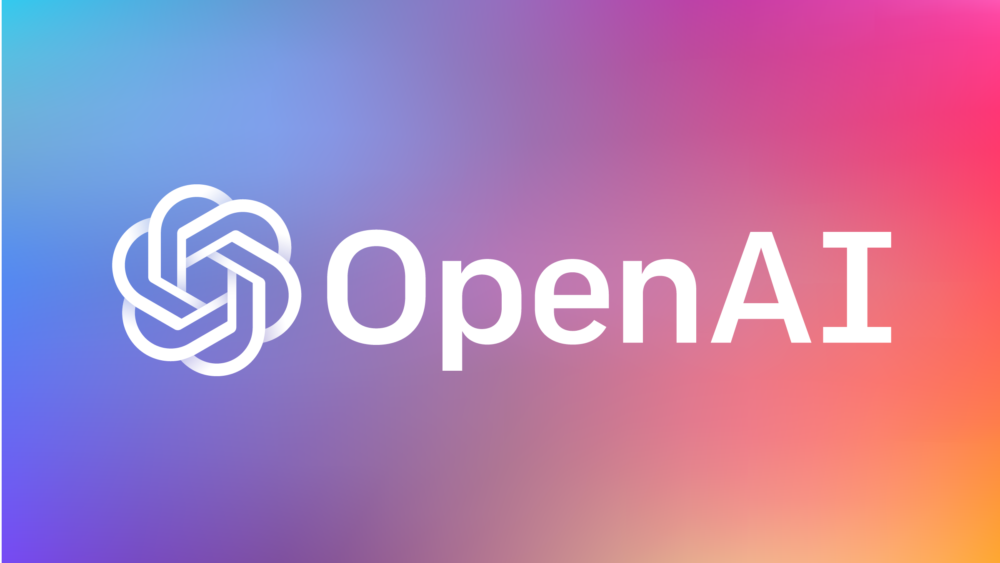OpenAI Launches AI Text-to-Video Generator Sora: Features, Concerns, and Future Implications
Основные понятия
OpenAI introduces Sora, a text-to-video AI generator with impressive photorealism and potential concerns regarding misinformation and copyright infringement.
Аннотация
OpenAI's latest creation, Sora, is a text-to-video AI generator capable of producing minute-long videos based on user prompts. The platform aims to empower users to create AI videos using text while addressing concerns about deepfakes, misinformation, and copyright infringement. Despite its advancements in photorealism and video generation from brief prompts, challenges remain in accurately simulating complex scenes and ensuring content safety.
OpenAI Launches AI Text-to-Video Generator Sora
Статистика
Sora can generate videos up to a minute long based on user prompts.
OpenAI collaborates with red teamers to test the model adversarially.
Industry analytics suggest Sora's videos are of higher quality compared to competitors.
Sora's advantage lies in its striking photorealism and ability to produce longer clips from brief prompts.
Concerns exist regarding the potential misuse of Sora for deepfakes and spreading misinformation.
Цитаты
"We are working with red teamers — domain experts in areas like misinformation, hateful content, and bias — who will be adversarially testing the model." - OpenAI
"The solution to misinformation will involve some level of mitigations on our part, but it will also need understanding from society." - Aditya Ramesh
"Sora is set to empower the average user to make AI videos using text." - Content Summary
Ключевые выводы из
by Ali Azhar в www.datanami.com 02-20-2024
https://www.datanami.com/2024/02/20/openai-launches-ai-text-to-video-generator-sora/
Дополнительные вопросы
How might society adapt to the increasing prevalence of AI-generated content?
As AI-generated content becomes more prevalent, society will need to adapt in several ways. Firstly, there will be a greater need for media literacy education to help individuals discern between real and AI-generated content. This includes understanding how deepfakes can be created and recognizing potential misinformation spread through these technologies. Additionally, there may be a shift in how we consume and trust information online, leading to increased skepticism towards digital media.
What ethical considerations should be prioritized when developing text-to-video AI technology?
When developing text-to-video AI technology, several ethical considerations must be prioritized. One key consideration is ensuring the responsible use of this technology to prevent the creation and dissemination of harmful or misleading content such as deepfakes. Safeguards should also be put in place to protect individuals' privacy rights and prevent unauthorized use of their likeness in generated videos. Transparency about the source of training data used for these models is crucial to avoid copyright infringement issues.
How can advancements in text-to-video AI impact traditional filmmaking practices?
Advancements in text-to-video AI have the potential to significantly impact traditional filmmaking practices by democratizing video production processes. With tools like Sora enabling users to create high-quality videos from simple prompts, there could be a rise in user-generated content that challenges the dominance of professional filmmakers. Traditional filmmakers may need to adapt by incorporating elements of AI-generated content creation into their workflows or focusing on areas where human creativity and storytelling skills are still irreplaceable by machines. The entertainment industry as a whole may undergo significant changes as these technologies continue to evolve.
0
